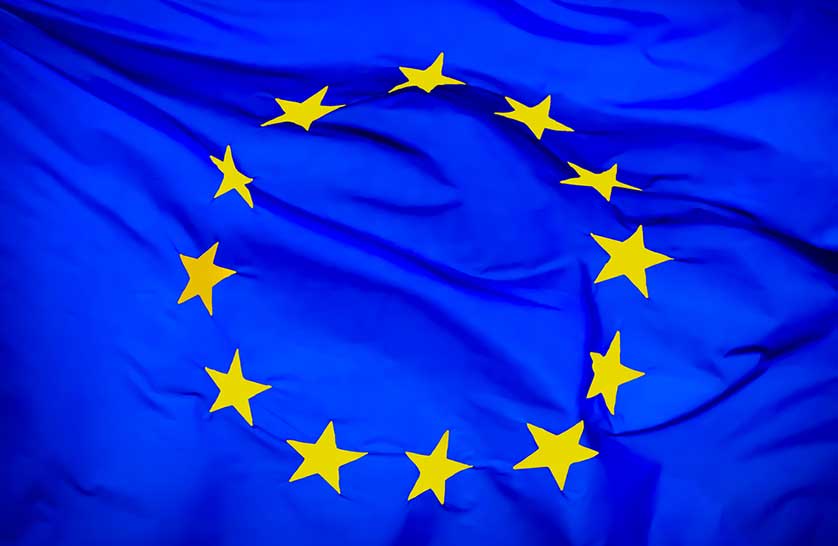July, 20, 2016

The 20th meeting of the European Union (EU) - Sri Lanka Joint Commission took place in Brussels on 19 July 2016. The meeting was co-chaired by Mrs Chitranganee Wagiswara, Secretary of the Ministry of Foreign Affairs of Sri Lanka, and Mr Gunnar Wiegand, Managing Director for Asia and the Pacific at the European External Action Service.
The Joint Commission, which oversees the 1995 EU-Sri Lanka Cooperation Agreement on Partnership and Development, deals with a broad range of bilateral and multilateral issues of mutual interest. Its tasks are to: ensure the proper functioning and implementation of the Agreement; set priorities; and make recommendations.
All three Working Groups established under the terms of the Joint Commission reported back from their respective meetings held in January (the Working Group on Governance, Rule of Law and Human Rights) and in May (the Working Group on Trade and Economic Cooperation Issues, and the Working Group on Development Cooperation).
The meeting was held in an open and constructive spirit. The EU extended condolences to the many victims of the damaging floods and landslides in Sri Lanka in May and their bereaved families. The Sri Lankan side expressed their appreciation for the EU's swift response to this disaster. The EU gave €700,000 (LKR 114.5 million) to provide emergency humanitarian assistance to the worst affected communities.
The parties welcomed the recent lifting of the EU ban on export of fish from Sri Lanka. This was achieved due to the extensive improvements made by the Government of Sri Lanka in fisheries management and control, consistent with its international obligations. It was agreed that the close relationship established on fisheries between the two parties will continue.
The meeting provided an opportunity to exchange views on the state of implementation of the UN Human Rights Council resolution of 1 October 2015, which was co-sponsored by a number of UN Member States and Sri Lanka. The parties noted the progress made and indicated that further measures would be pursued and progress would continue for the implementation of the resolution. Progress with regard to the release of land and the normalisation of the life in the North and East of the country, the repeal of the Prevention of Terrorism Act (PTA) and the release or prosecution of detainees held under the PTA, and the establishment of the transitional mechanisms for truth, reconciliation, justice and reparations were also discussed. Sri Lanka provided updates on the process of drawing up the new Constitution.
The Joint Commission welcomed Sri Lanka's application for access to the trade concessions under the EU's Generalised Scheme of Preferences Plus (GSP+) as a sign of Sri Lanka's renewed commitment to meeting its wider international obligations. The parties discussed the procedure for assessing the application, which was presented to the EU at the end of June, in line with the GSP Regulation. The EU drew attention to the importance of continued positive progress in fulfilling Sri Lanka's stated commitments which need to proceed in parallel. The Joint Commission also agreed to resume the EU-Sri Lanka investment dialogue.
The European Investment Bank announced that it was currently negotiating a €50 million (LKR 8.2 billion) concessional loan with the Government of Sri Lanka for Greater Colombo Wastewater Project. The EU reiterated its plans to widen its 2014-2020 development programme (€210 million (LKR 34.4 billion) beyond rural development to provide grants for reconciliation and good governance. Discussions on the specific needs will continue with the Government of Sri Lanka in the coming months.
The EU welcomed the participation of Sri Lankan students, scholars and universities in EU higher education and research cooperation programmes and encouraged more applications from Sri Lanka, given the wealth of available opportunities.
The parties agreed on a series of actions for follow-up before the next Joint Commission meeting in Colombo in 2017.
Video Story